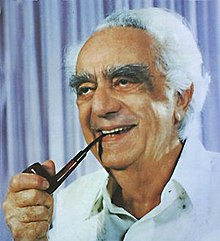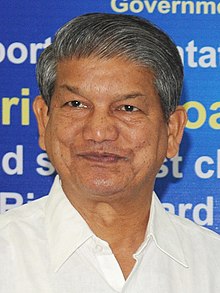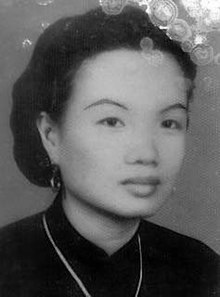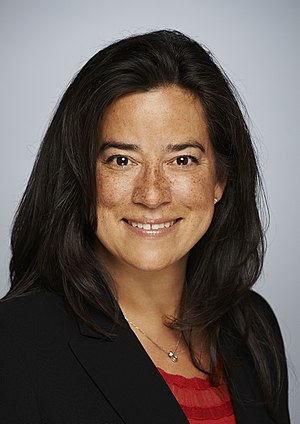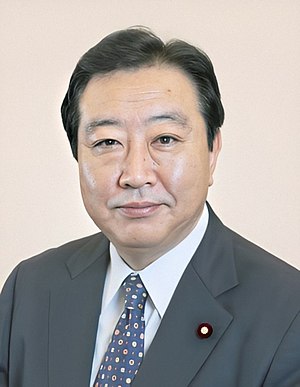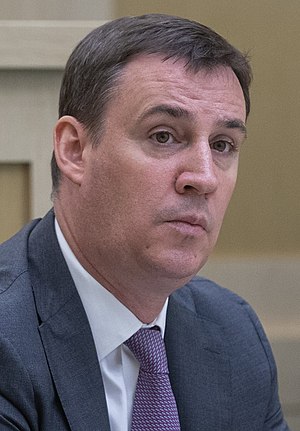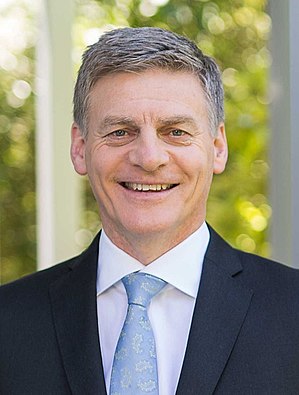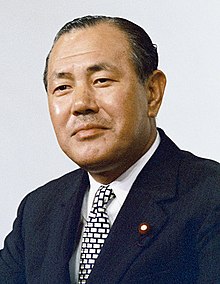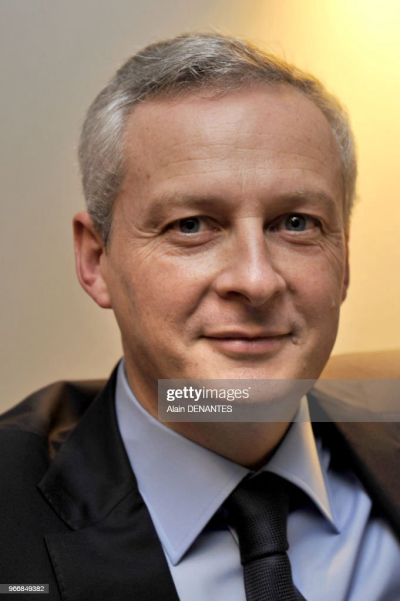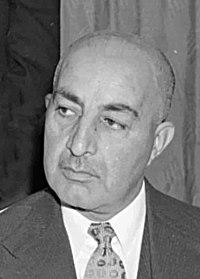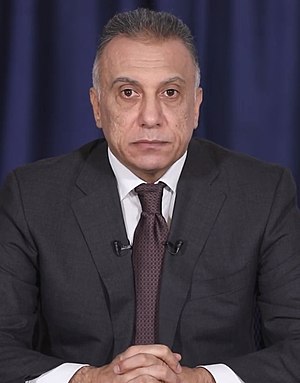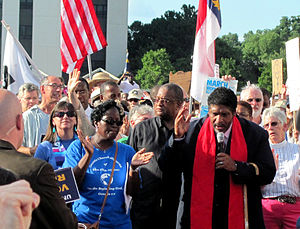"[The Japanese occupation] taught me humility ... Three and a half years as a prisoner taught me humility ... I realised [as a Japanese prisoner-of-war] that mankind is capable of cold-hearted cruelty. I can be angry, and I have no doubt I can be cruel for five, ten minutes. But the Japanese cruelty was cold-blooded, permanent, and eternal. Man's inhumanity to man in fact, in real life, made its presence really known to me when I became a prisoner and saw it in action. Of course, I have known cruelty before. But wide-spread, long-term, cold-blooded, permanent cruelty, I've never experienced before, not even from the British Imperialists no matter how arrogant they were. That was a major shock, the feeling that there were human beings who were not on the same wavelength as me at all, who were not even human from my point of view."


